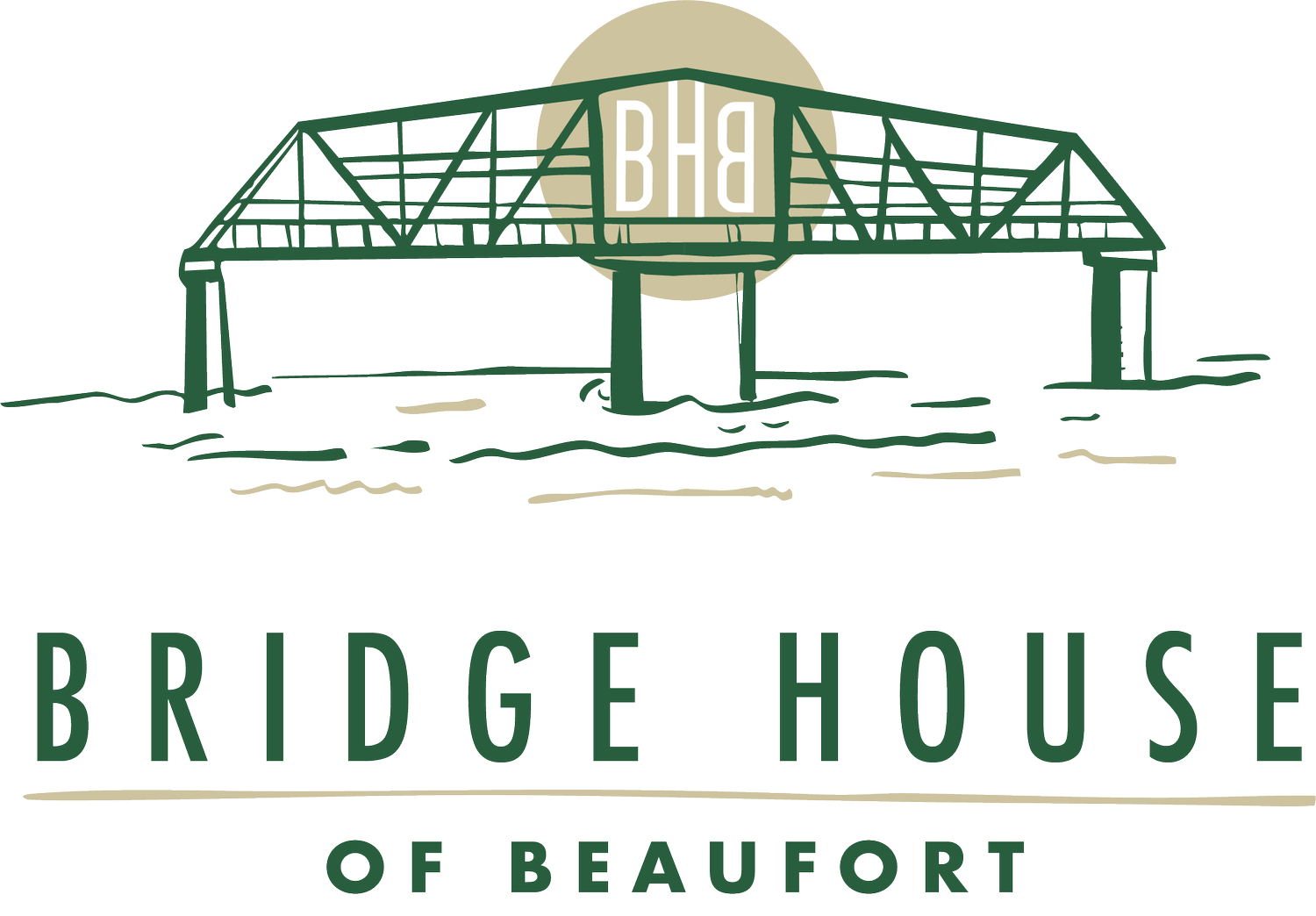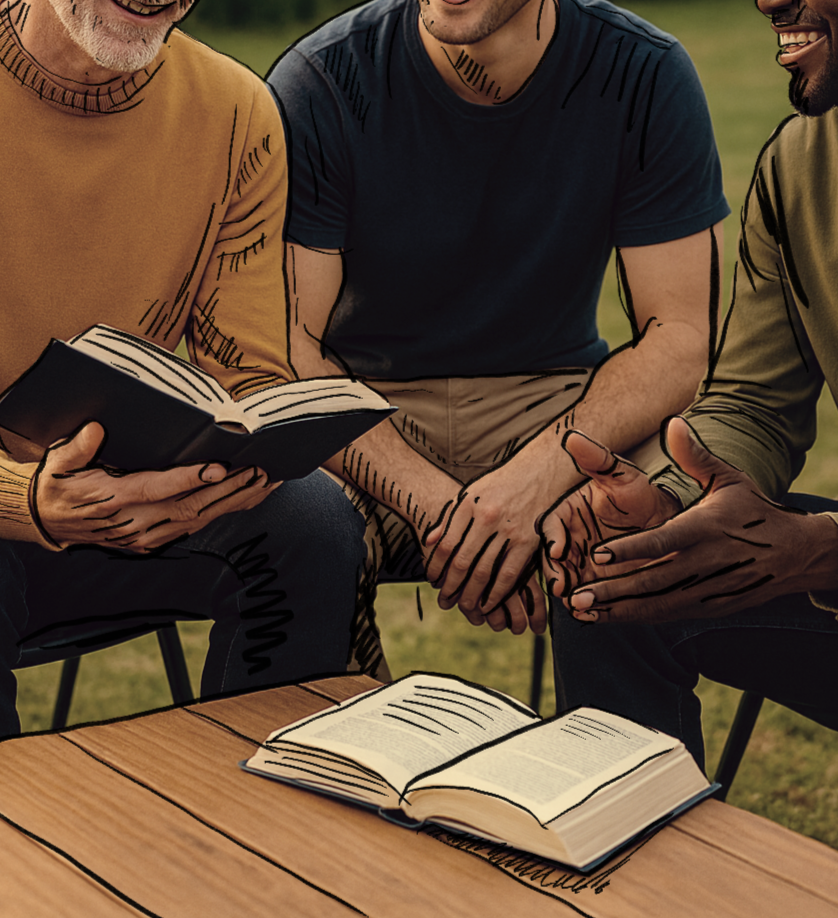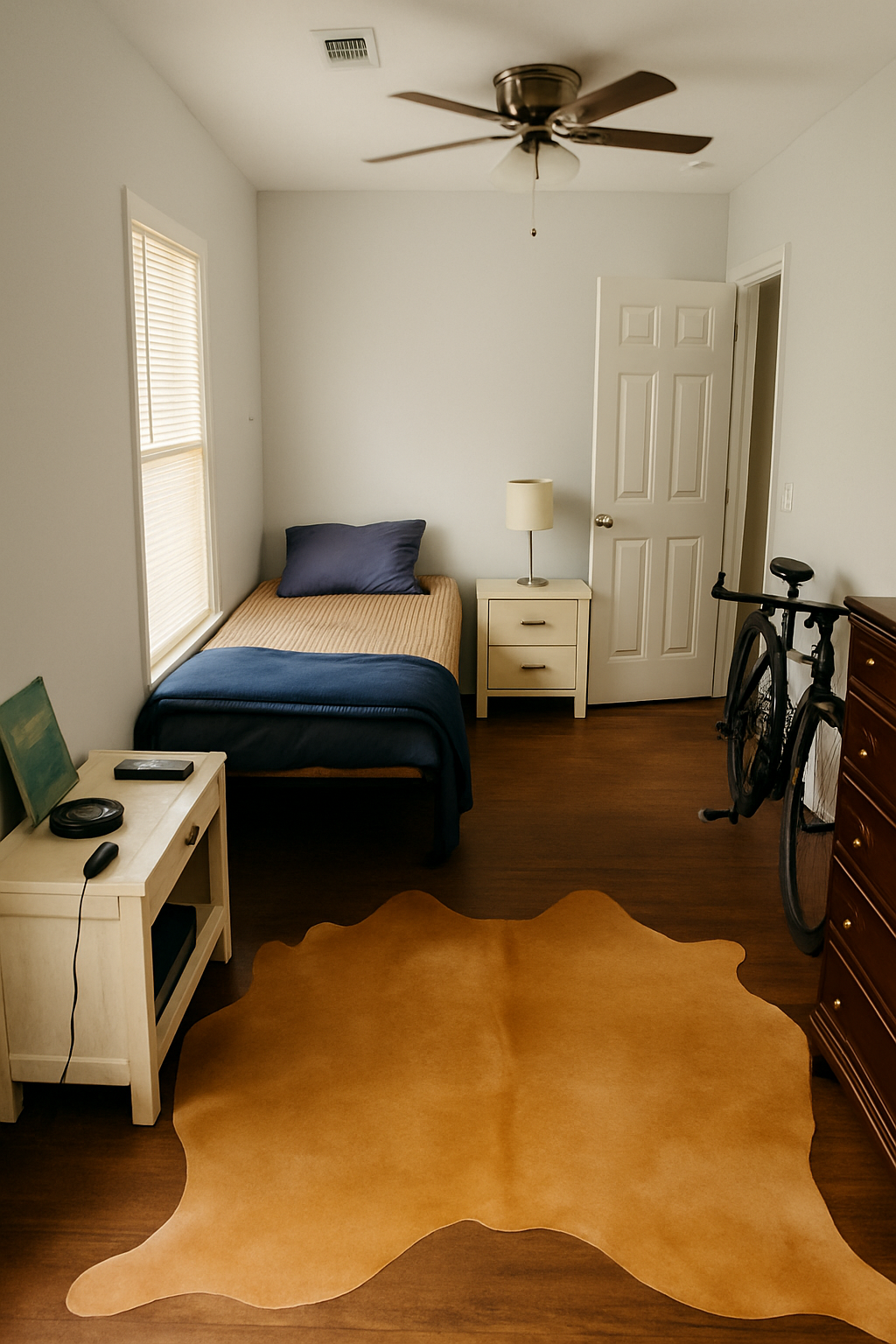The Bridge House Program
Structure + Compassion = Lasting Recovery
Bridge House of Beaufort isn’t just a place to live. It’s a structured program where men find stability, accountability, and the daily rhythms of recovery — in a home that feels like family.
Why Our Program Works
✓ MAT-Friendly – The only recovery residence within 50 miles that welcomes residents on Medicatino-Assisted Treatment.
✓ 3–12 Month Stay – Research proves men who remain 6 months or longer in recovery housing are far less likely to relapse. Short-term programs don’t give enough time to rebuild.
✓ Life & Job Skills – From “get-well jobs” to vocational training, we help men move from survival to stability. Staff and volunteers step in with the little things — rides to appointments, help filling out forms, or even fresh-baked cookies — that make a house feel like home.
✓ Community, Not Institution – Located in historic Beaufort, our home offers dignity, accountability, and belonging — not rules for the sake of rules.
“Bridge House of Beaufort gave me the opportunity to get back on my feet and helped foster my growth within the sober community, as well as encouraging me to continue to grow.”
— Michael D
A Day in the Life
-
Each morning, residents begin with “On Awakening” — daily readings, prayer, meditation, and sharing each man’s plan for the day.
-
Breakfast and coffee are available in the kitchen. Many take their mugs to the patio to enjoy gardens, birds, and deer while reflecting or connecting with peers.
-
Every man makes his bed, tidies his room, and completes house chores. The morning includes leaving the house — to work, attend a 12-step meeting, or complete the required one hour of community service each week.
-
Each resident has an individual plan that may include job searches, doctor visits, exercise, or recovery activities. Staff help connect men with medical care, insurance, or MAT providers if needed.
-
On Wednesday, all residents gather for a mandatory house meeting to address concerns, build accountability, and strengthen community bonds.
-
By late afternoon, most men return home. Dinner is often prepared and shared together around a family-style table. Evenings may include outside meetings, fellowship, or quiet time.
-
Each night ends with “Retirement” — evening medications, reflection, and a constructive review of the day. Gratitude and accountability close out every day.
Beyond The Routine
Food Security: Local food banks and churches provide weekly groceries, so no one worries about going hungry in early recovery.
Employment & Training: Partnerships with employers help residents secure jobs; vocational training builds skills for long-term independence.
Wellness & Recreation: Exercise, conversations, and activities to prevent “idle hands” — one of the biggest relapse triggers.
Our Green Street Home
Perfect location: Walking distance to the Green Street Community Pool, local businesses, and public transportation. Residents become part of the Beaufort community instead of being isolated in an institutional setting.
Safe and structured: Clear house rules keep everyone focused on recovery while building the life skills needed for independent living. Men learn to manage money, maintain a home, and be good neighbors.
Community support: Located in a neighborhood where residents can build real relationships, find local employment, and develop the social connections that make recovery last.
More than housing - it's home. Our Green Street facility in historic Beaufort feels like a family house, not a treatment center. Men share rooms, cook meals together, and take care of their home as a team.
Why It Matters
The odds are stacked against men in early recovery — only about a 4% chance of success without structured support. Bridge House of Beaufort flips those odds:
31% in recovery housing vs. 65% in usual care
RELAPSE
76% employed in recovery housing vs. 49% in usual care
EMPLOYMENT
Nearly 3x higher reunification rates
FAMILY
Ready to Apply?
Bridge House offers immediate placement for men leaving acute or rehabilitation facilities. With daily structure, a compassionate community, and evidence-based practices, we give men the best possible chance at lasting recovery.








